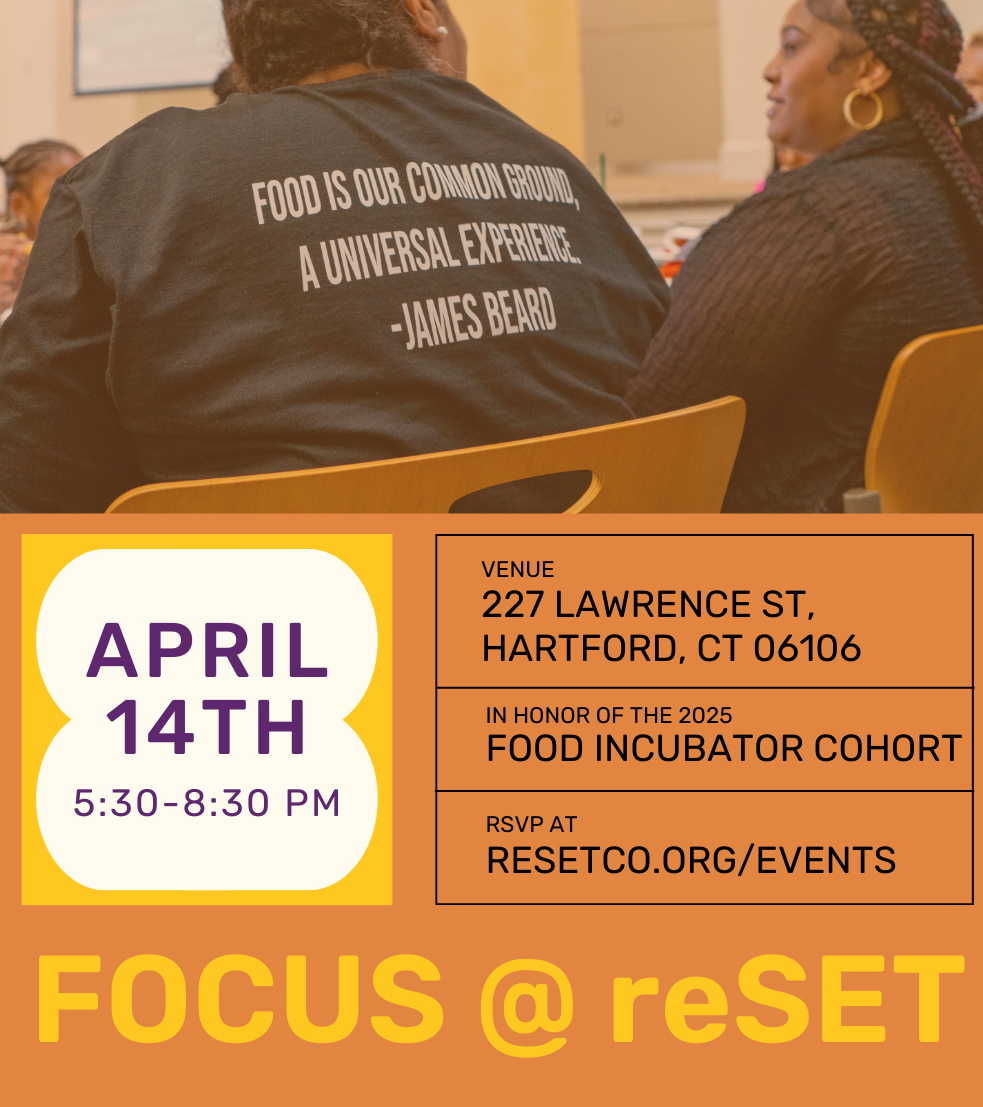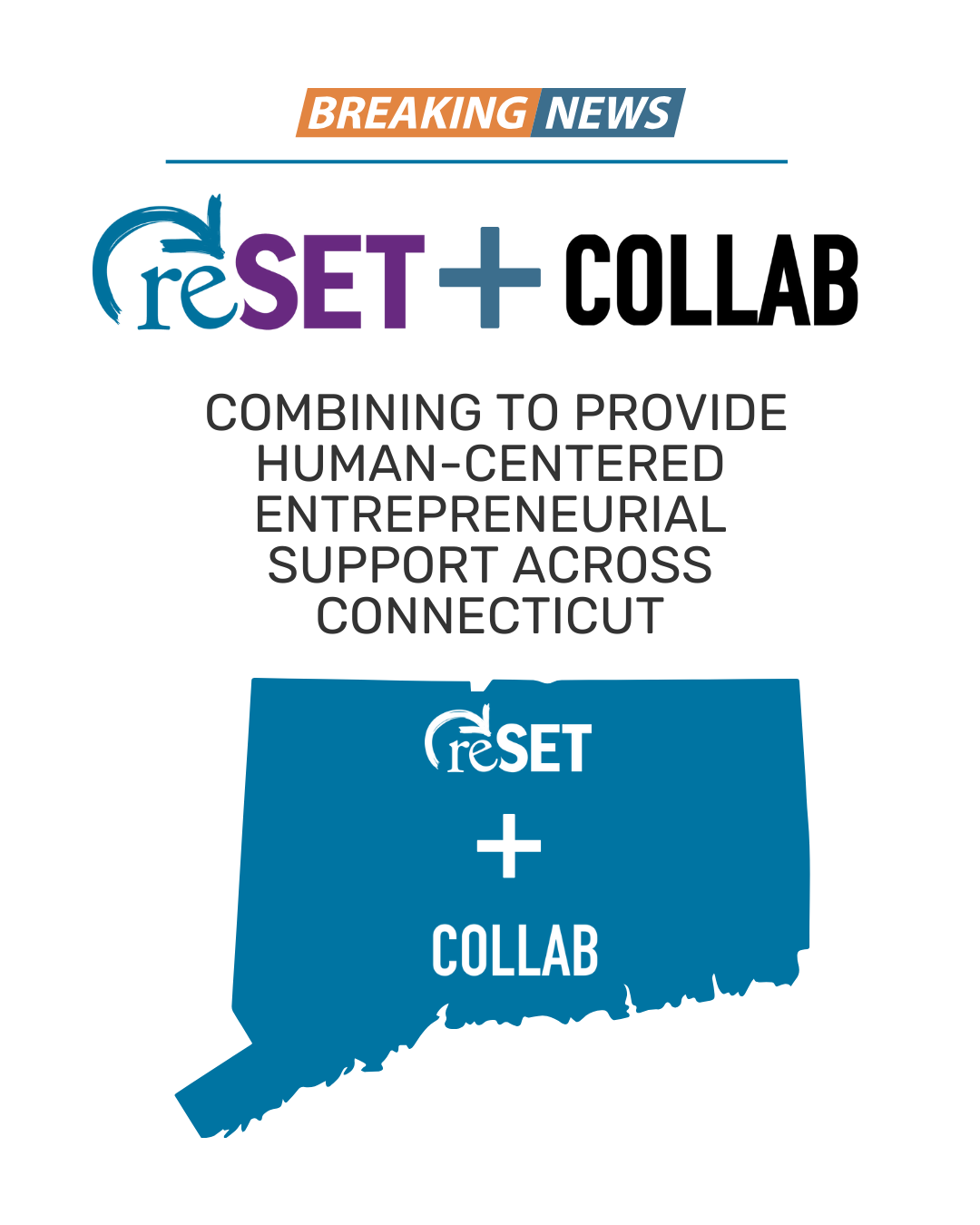In this edition of our “Member Spotlight” blog series, we interviewed Bashaun Brown, CEO of T.R.A.P. House.
Who is Bashaun Brown?
My path is jagged and twirly. I was born in Plainfield, New Jersey. You could classify my neighborhood as one that had a thriving drug economy in which my family was a part. I grew up as someone that watched the evolution of crack cocaine and the dynamics that come with it. When I was about 12, I moved to Piscataway, New Jersey. It was much different than Plainfield. I was able to get on the right track when I moved. I made it to the point where I got into Morehouse College in 1997. I went to Morehouse for a year and at the end of that year, I didn’t have enough money to go back to school. I wound up going back to Plainfield and started selling drugs as a way to fund college. I never made it back into college.
When did drug dealing really begin to affect your life in a negative way? And when was the turning point that made you realize there was another path?
Ultimately, my history of drug selling led me to wind up owing someone a lot of money. In 2009, I started committing robberies to pay off my drug debt. I got caught and sentenced to seven and a half years in prison. I spent most of my time in Cheshire Correctional Facility. For four of the five years I was in Cheshire, I was enrolled in Wesleyan Center for Prison Education, where Wesleyan University brings a high quality liberal arts education to Cheshire Correctional. I was able to turn my prison cell into a dorm room. I studied and studied hard. I came across the term social entrepreneurship, after listening to Kate Emery speak on NPR. She said the word and the light bulb went off. I thought, “Damn, you can actually start businesses that gives back to your community? You mean to tell me that business doesn’t have to be a hedonistic entity that’s just worried about maximizing profits? You can start a business with social good in mind?” It was a paradigm shift for me.
Did that paradigm shift have an immediate affect on you?
I knew once I returned to society there wasn’t a guarantee that someone would give me a job or that there would be a job readily available from which I could make a livable wage. I knew that somehow, some way, I would need to find my own road to financial stability. This is part of the reason why I always ended up cutting corners. I couldn’t find a job that made ends meet so I forced ends to meet. While I was thinking about businesses that would give back to the community, I started talking to other inmates. Funny enough, when I would tell them about a business, they would come back to me with a business that they thought about. I thought to myself, “What if there was a place that can help people such as myself start businesses? Not only recognize the skills and the talents that I already possess and teach me how to transfer that into the legal market?”
What were the next steps for you to turn that realization into action?
Since there wasn’t a place that I knew of, I would create that place. I actually wrote to reSET about my idea. Kate had assigned James Woulfe to be a liaison between me and reSET. James came to Cheshire Correctional and visited me. When I told him about T.R.A.P House, he seemed interested and I knew that I had something. Fast forward to July of 2015, I got released from prison and plugged right into my Wesleyan network. I was particularly interested in continuing my education and figuring out where I was going to finish up my degree.
How were you able to get Wesleyan to stand behind your idea of T.R.A.P. House?
As I was leaving Wesleyan one day, I walked past the office of Makaela Kingsley, who runs the Patricelli Center for Social Entrepreneurship. I told Makaela about a few different business ideas I had and T.R.A.P. House was the one that she responded well to. Once she thought it was a great idea, I started working hard on it. She started sitting me on panels to talk about social entrepreneurship in general and T.R.A.P. House specifically. After one of those panels, students began expressing their interest in my concept. So I started working with two other students from Wesleyan who are now the CFO and COO of T.R.A.P. House. There are two other co-founders beside myself and they are both Class of 2018. So that’s the team.
What is the business concept of T.R.A.P. House and the inspiration behind the name?
A trap house, in its original context, is a place where you could go score drugs or sell drugs, so we re-appropriated the term. Our T.R.A.P. House stands for “Transforming, Reinventing, and Prospering”. Our mission is right in the acronym: we are trying to transform people in the communities, help them reinvent themselves, and we are trying to get money at the same time. The value proposition is many fold. On one hand, T.R.A.P. House is trying to slow down mass incarceration from the supply side. In another way, we are trying to change the social conditions that people are living in by trying to change their economic realities. Getting people to look at their communities a bit differently.
How does entrepreneurship help to shape the people’s perceptions of their own communities?
We want people to take a stake in their own communities by becoming business owners. We feel that once someone becomes a business owner in the neighborhood, he or she will have a vested interest in beautifying the neighborhood. Making sure things like crime stay low. Right now, we are working out of the North End of Hartford and soliciting people to come pitch us on business ideas. We will essentially incubate two or three businesses over the summertime and provide them with a small donation to start their businesses.
How are you getting the word out?
I’m in the streets. I’m in the hood. I’m passing out flyers. People have been reaching out via social media. People that are currently still in prison will talk to people on the outside and tell them what we do. They will send people my way. We have multiples ways to come in contact with the people we are trying to target.
Is there a concern that the temptation to still sell drugs as a quick way to make money vs. the long term work of building a business will draw people back in?
Absolutely. The temptation will never leave some people. You can be addicted to the streets just like you can be addicted to any type of drug. The sensation might never leave for a drug dealer to want to hustle. You might have to fight hard to resist that temptation. And some people will relapse and go back to the streets. And we understand this at T.R.A.P. House. The only thing we can do is be there for them when they come back. I’m not in the business of convincing anyone to stop selling drugs. I don’t have the time and resources to convince them. We are in a position to help people that want to be helped. You have to be tired. Tired of going to prison. Looking over your shoulder. Richard Wright once said in one of his books, “Crime is suffering”. Right? Constantly. You can never rest your brain. You have to think about people who want to stick you up, you gotta think about people that want to arrest you, people that want to be around you for your money. You gotta think about lawyers, bail, where to stash you drugs and your money. I’m looking for the person that is tired of running the streets that way.
What advice do you have for people that are stuck in that lifestyle who want to get out of it and find a new path for their future?
The first thing they gotta do do is believe in themselves. Know that you can do it. Know that you have other options. Know that there’s a lot more money in legal enterprise than there will ever be in illegal enterprise. There are things that people need more than drugs. There are things you can sell besides drugs, you just have to figure it out. Your mind is a powerful thing. You gotta use your mind to overcome. And that’s the bottom line.








